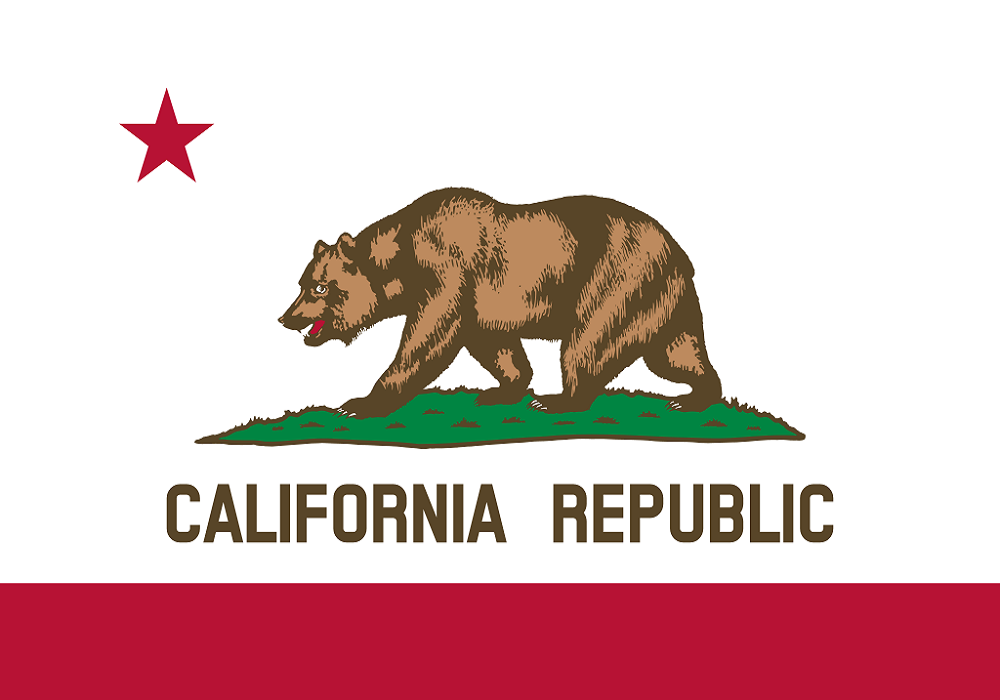This rule is intended to:
All complaint procedures and complaint proceedings must be designed and conducted in a manner that preserves the confidentiality of mediation communications, including but not limited to the confidentiality of any communications between the mediator and individual mediation participants or subgroups of mediation participants.
All complaint proceedings must occur in private and must be kept confidential. No information or records concerning the receipt, investigation, or resolution of an inquiry or a complaint may be open to the public or disclosed outside the course of the complaint proceeding except as provided in (d) or as otherwise required by law.
After the decision on a complaint, the presiding judge, or a person whom the presiding judge designates to do so, may authorize the public disclosure of information or records concerning the complaint proceeding that do not reveal any mediation communications. The disclosures that may be authorized under this subdivision include the name of a mediator against whom action has been taken under rule 3.870, the action taken, and the general basis on which the action was taken. In determining whether to authorize the disclosure of information or records under this subdivision, the presiding judge or the designee should consider the purposes of the confidentiality of complaint proceedings stated in (a)(2) and (a)(3).
In determining whether the disclosure of information or records concerning a complaint proceeding is required by law, courts should consider the purposes of the confidentiality of complaint proceedings stated in (a). If it appears that the disclosure of information or records concerning a complaint proceeding that would reveal mediation communications is required by law, before the information or records are disclosed, notice should be given to any person whose mediation communications may thereby be revealed.
Cal. R. Ct. 3.871
Advisory Committee Comment
Under rule 3.866(9), the complaint proceedings covered by this rule include proceedings to address inquiries as well as complaints (i.e., to unwritten as well as written communications indicating that a mediator may have violated a provision of the rules of conduct).
Subdivision (a). See Evidence Code sections 1115 and 1119 concerning the scope and types of mediation communications protected by mediation confidentiality. Rule 3.871 is intended to supplement the confidentiality of mediation communications established by the Evidence Code by ensuring that disclosure of information or records about a complaint proceeding does not reveal confidential mediation communications. Rule 3.871 is not intended to supersede or abrogate the confidentiality of mediation communications established by the Evidence Code.
Subdivision (b). Private meetings, or “caucuses,” between a mediator and subgroups of participants are common in court-connected mediations, and it is frequently understood that these communications will not be disclosed to other participants in the mediation. (See Cal. Rules of Court, rule 3.854(c).) It is important to protect the confidentiality of these communications in complaint , proceedings so that one participant in the mediation does not learn what another participant discussed in confidence with the mediator without the consent of the participants in the caucus communication.
Subdivisions (c)-(e). The provisions of (c)-(e) that authorize the disclosure of information and records related to complaint proceedings do not create any new exceptions to mediation confidentiality. Although public disclosure of information and records that do not reveal mediation communications may be authorized under (d), information and records that would reveal mediation communications may be publicly disclosed only as required by law (e.g., in response to a subpoena or court order) and consistent with the statutes and case law governing mediation confidentiality. A person who is knowledgeable about California’s mediation confidentiality laws should determine whether the disclosure of mediation communications is required by law.
Evidence Code sections 915 and 1040 establish procedures and criteria for deciding whether information acquired in confidence by a public employee in the course of his or her duty is subject to disclosure. These sections may be applicable or helpful in determining whether the disclosure of information or records acquired by judicial officers, court staff, and other persons in the course of a complaint proceeding is required by law or should be authorized in the discretion of the presiding judge.
.

